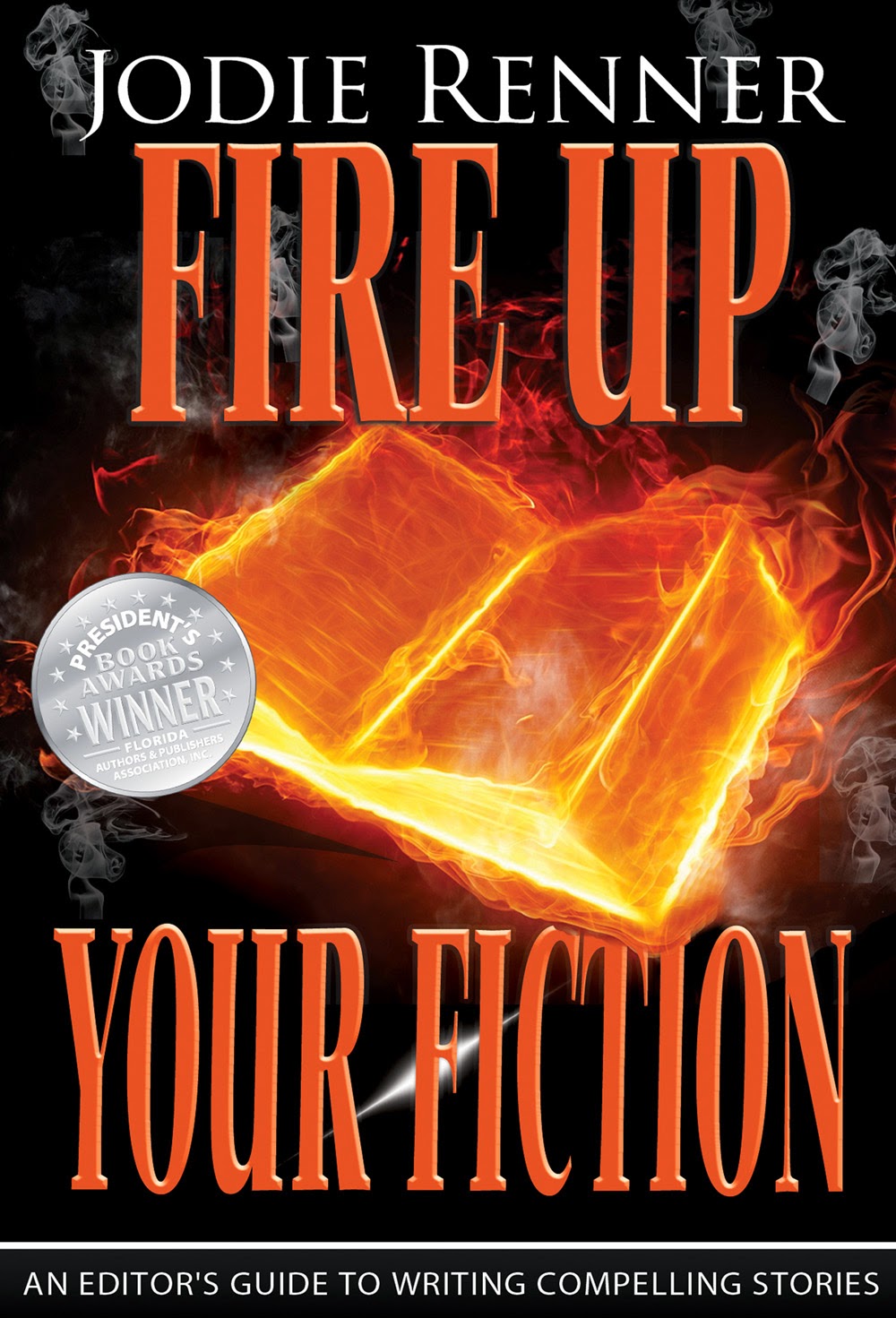This post isn’t going to be about crime fiction or even about publishing—not really, anyway. This post is about life. About being human, realizing we’re not perfect, that we can’t do it all.
Sometimes, I think, many of us forget that.
It’s easy to do. Life can often get in the way. I remember before I published my first novel, things seemed a lot less complicated. That’s not a complaint; it's an observation. Juggling my personal and professional life is more of a challenge now, and with that, it’s easy to get caught up in the swell of activity and forget what matters. It’s not unusual—it’s just life.
But sometimes too, if we’re lucky, we get reminders, warnings, even, to slow down and stop trying to be everything to everyone, because quite simply, we can’t.
It’s not like anyone was asking anything extraordinary of me. I was doing a good enough job of that myself, getting tangled-up in Life’s Rut. I wasn’t selling enough books, needed to write better ones, was worried about pleasing my readers, my family, my friends.
Pleasing everyone, that is, except for me.
“Yes” had become a staple in my vocabulary, and “no” a word I hardly recognized anymore. I wasn’t eating right, not working out, getting very little sleep. It’s a familiar theme in my life, a slippery slope I often unknowingly fall down. And usually, it takes a slap in the face to bring me back down to earth, make me realize that I am, in fact, not Superman, that I can’t do it all.
I got my wakeup call.
And then, a question: What the hell are you doing? I didn’t have an answer, didn’t even remember how I got here, and suddenly, felt kind of foolish and a little bit angry. I just wanted to be the successful author, the good son, the reliable friend. But at what cost? Compromising my health? Giving away a little of my self-esteem each time I said yes when I should have said no? Admittedly, I’m an overachiever, but sometimes—actually quite often—that means taking things too far and pushing my own needs toward the back of the line.
So I stopped everything. I slowed down, took a deep breath, and I looked around. I played with my dogs, took some walks, and sometimes I did absolutely nothing just because I felt like it. I also learned to say, “I’m sorry but I’m just not able to do that right now,” to the people who matter to me; it wasn’t easy, but it was important.
Did my book sales suffer? Yeah, some. Did people get upset with me? Probably. Will my next novel take a little longer to finish? Maybe, but I also had the foresight to realize none of that matters—none of it—because I’m no good to anyone if I’m not happy, healthy, and whole. And here’s the hook, folks, something we all know: there are people who will be disappointed no matter what you do.
So my advice, if I can be so bold to give it: don’t get caught up in the small stuff, and try to catch yourself when you do. Put yourself at the front of the line when you need to, and don’t feel guilty about doing it. Look out the window and really see what’s out there, then enjoy the view. And smile.
Because, as Sir Max Beerbohm once said: Nobody ever died of laughter.















